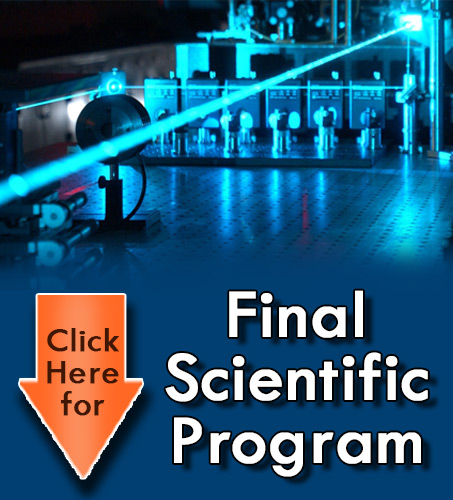
Giedre Samuoliene
Lithuanian Research Centre for Agriculture and Forestry, Lithuania
Title: LED’s for horticulture: Novel insights in plant cultivation
Biography
Biography: Giedre Samuoliene
Abstract
Advances in light technology are rapidly developing, the light-emitting diode (LED) technology as supplementary light in greenhouses, phytofactories or other closed environment growing chambers is a powerful tool for purposeful and appropriate plant cultivation. LED lighting, due to its technical possibility to control dynamic or continuous light spectrum, intensity, frequency of each component and period is useful for research applications, as well as such lighting is useful for growers, due to energy saving properties. The development of agronomic research ensures the public demand for vegetable food, feed and industry raw materials. Plant physiology is considered to be theoretical background for agronomy (crop production and horticulture). Knowledge of plant physiology patterns and management of crop photosynthetic indices by technological tools enables to control formation of productivity elements and quality of production. Moreover, response to light is not a simple linear signal transduction pathway, but it is integrated information outcome of various photoreceptors, which act through complex network of interacting signaling components. The is enables to induce weak photo stress in purpose to manipulate plant antioxidant potential. The us, such plant physiologycal researches allows to know plant functioning mechanisms, control processes of growth and development, realize potential of biological productivity. The opportunity to control processes of growth, biological productivity and nutritional quality using traditional high-pressure sodium and/or innovative light-emitting diode lighting will be presented.

